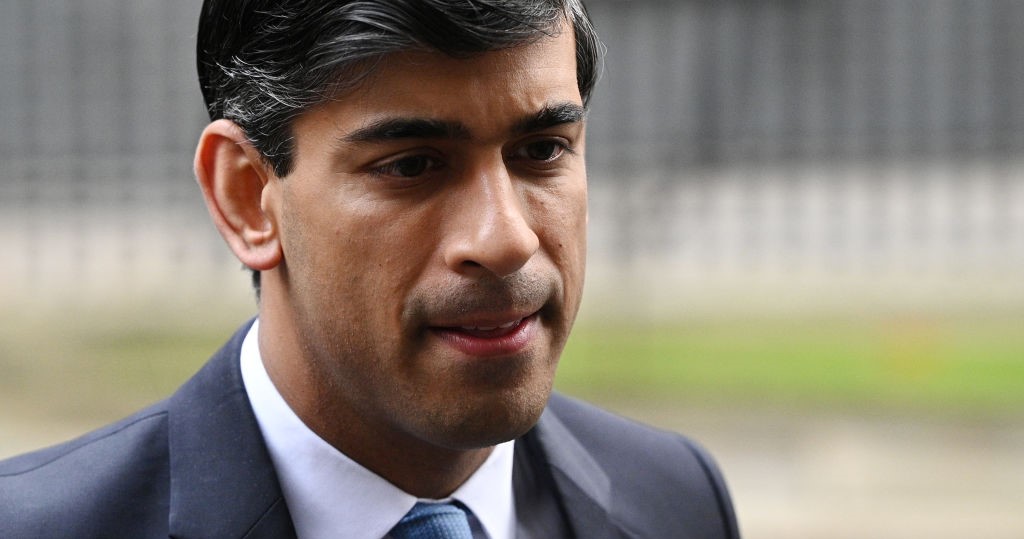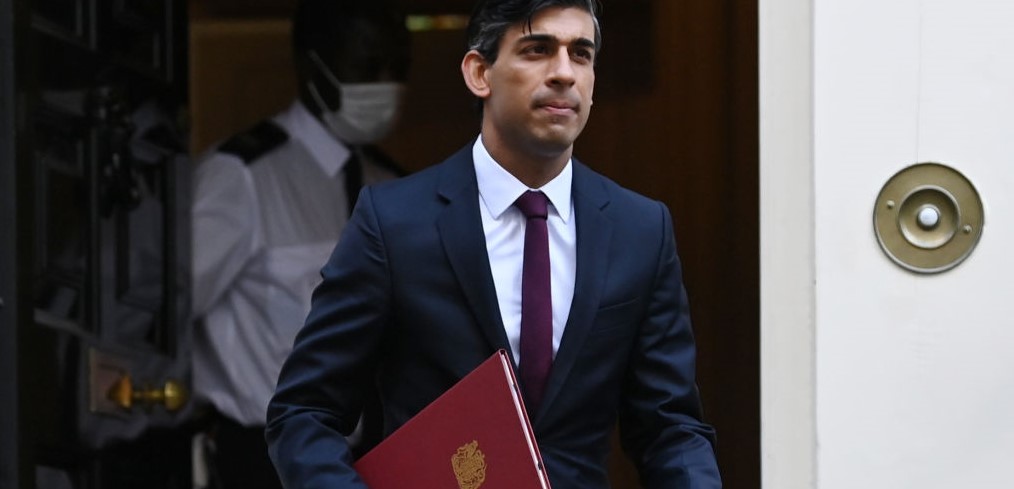They’ve got to be McJoking
US-based McDonald’s workers have been offered a 10 per cent pay rise and big increase in paid holidays. But the pay rise only applies to one in 20 workers, at 89 cents its around 50p an hour and the paid holidays are for 20 hours a year.
Low paid workers in the US are staging a day of action today (April 15) in protest at an increasingly low-wage economy with precarious employment and few in-work benefits. Fast food restaurant McDonald’s has become symbolic of this â€McJob’ economy although it is not the only culprit.
Just how bad can things be in the US? Pretty bad when you hear McDonald’s very proudly announced an 89 cents an hour pay rise. And even more proudly, paid holidays of 20 hours a year if you work 20 hours a week.
Paid holidays of that duration would not only be laughable in McDonald’s restaurants in the UK, they would be illegal. But the US has a much more de-regulated workplace with limited minimum legal rights.
But the pay rises only apply to the one in twenty McDonald’s workers directly employed by the company in 1,500 restaurants. The vast majority work in the other 14,000 franchised restaurants set up as stand alone small businesses which hire and fire and set their own pay and conditions.
And they don’t get the pay rise. Nor the fabulous one hour a year paid holiday for every hour you work a week.
‘Duck test’
McDonald’s insists it does not employ the franchise restaurant workforce. But does it, as they might say in the US, pass the McDonald’s ‘duck test’?
That is, if it walks like a duck, quacks like a duck and looks like a duck, then it’s a duck. Critics point out that if you work in a McDonald’s uniform, in a McDonald’s restaurant serving McDonald’s food then most people might think you worked for McDonald’s.
Other big corporates have also adopted this employment model where workers are employed either arms-length or their work is sub-contracted out. That way many employment issues, costs and risks are passed to sub-contractors and franchise holders.
And what is happening in the US is similar to the UK. There are jobs but too often low paid, precarious work which generates little in taxes and poor pay rises, and sometimes pay cuts.
Challenge
Now there is a growing campaign to challenge this low wage, poor benefits model.
Service Employees International Union (SEIU) president Mary Kay Henry reacted to the move by McDonald’s: ” Fast-food workers – joined by adjunct professors as well as Walmart, home care and child care workers and airport staff raised their voices and have built a movement. Workers got into this fight to improve their lives – not for wage announcements.
“McDonald’s was forced to pay up, but it’s not nearly enough. The overwhelming majority of McDonald’s workers will still be paid wages so low that they can’t afford basics like rent and groceries.
“That’s why the two million members of SEIU are more committed than ever to standing with all workers to raise wages and strengthen communities across the country. We’ll keep fighting with them for a $15/hour wage floor and the right to join together in a union to improve the lives of all working families.”
Unite is showing its solidarity and protesting outside McDonald’s at Marble Arch in London today (April 15) in support of the global day of solidarity and protest.
 Like
Like Follow
Follow


